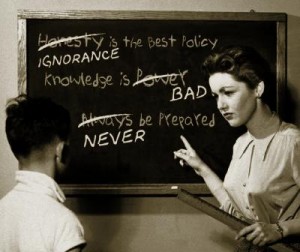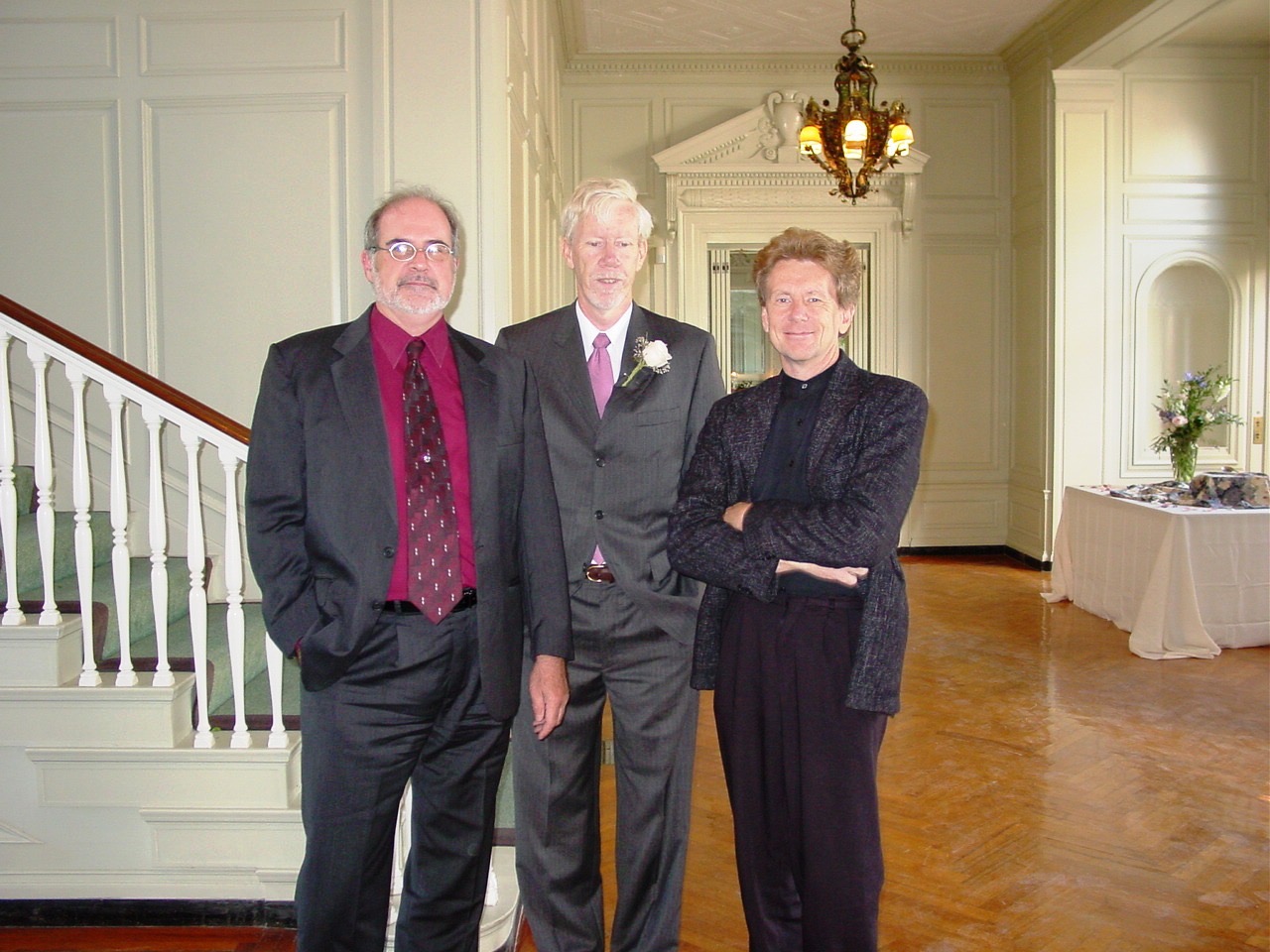Welcome to the Wakefield Doctrine (the theory of clarks, scotts and rogers)
remind us to remember not to forget to discuss the concept of ‘lashing out’ as manifested in the rogerian worldview. it, the understanding of it’s nature, mechanism and effect is a singular value among the insights afforded us for all the effort that has gone into this here blog here.
hey! thanks!
Where were we?
oh yeah, the totally unexpected discoveries of the Doctrine
but first, lets go to a comment from Mimi:
“Of course, there’s that whole avoiding scrutiny thing…”
The whole ‘scrutiny thing’ indeed!
Worst fear*
Heretofore…lol logical progression of ideas in an order building one atop the other? hah! we fricken clarks** we don’ need no rational structure to an essay!
anyway… the idea of ‘worst’ fear as pertaining to clarks, as opposed to: ‘elimination of any semblance of consistency (of) day-to-day reality or, shunning for the scotts and rogers respectively. We have an opportunity to gain an insight into the personal reality of the Outsider that is too far interior to be accessible by extrapolation on a list of characteristics.
Which is where the original jumping off point was to have been, i.e. ‘the discovery and identification of the ‘lashing out’ behavior that is exclusive to the Herd Member.
Look at the time!! gotta go!
(thanks, Mimi)
* who said that? Excellent ‘get’. The distinction implied in the use of the adjeverb1 ‘worst’ provides us with a rather interesting insight into the world of the Outsider. And seeing how insight, (into the personal realities of the three personality types of the Wakefield Doctrine), is the theme today, what say we continue back up above at ‘And Heretofore’
** New Readers? While everyone’s favorite alternative personality theory is for everyone, the harsh reality is that only one of the three immediately take to it. That said, if’n you’re a roger or a scott, you’ll do fine, provided…. you have a significant secondary clarklike aspect. Speaking of which, did you know there are only three occupations in the world?
Yep! Sure are.
What are they?
teacher, salesman, machine operator.
(yep! ideal candidate being one of the three predominant worldviews, clark (Outsider), scott (Predator) and roger (Herd Member). ) go ahead! Give it a shot
1) not a ‘real’ grammatical word… but if you’re still reading, we bet you figured it out (and, more telling, didn’t get mad and click away)
*

















































